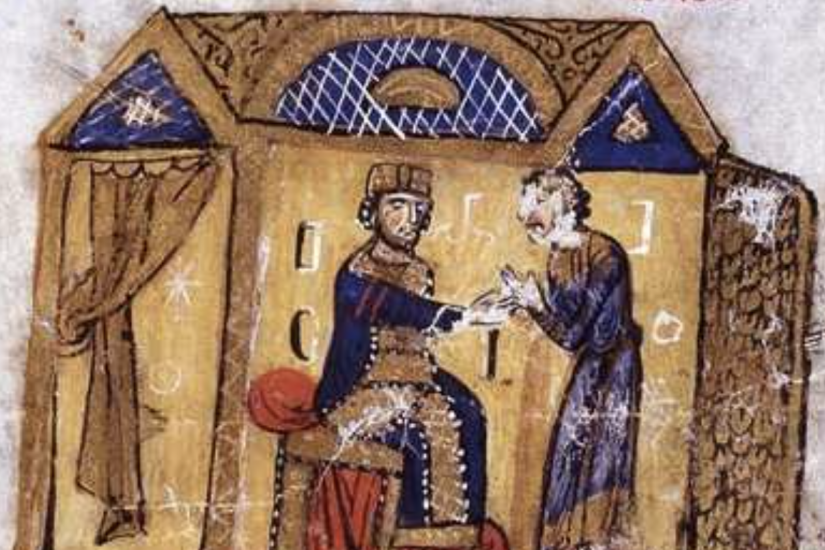
Online availability
https://ceu-edu.zoom.us/j/98138118684?pwd=MDZmSkdiSjJCSk9WczBVbCtaeTg3Zz09
Meeting ID: 981 3811 8684
Passcode: medspub
Abstract
Wouldn’t it be nice if historians studying the Middle Ages could work with datasets that reflected the ambiguity, multiplicity of interpretation, and difference of conclusion that we work with in our analog sources every day? In this talk I will describe an experimental approach to representing historical data in digital form, in particular in situations where there are multiple and contested readings of that information. This data model, which will be at the core of an upcoming ERC project, takes to its logical conclusion something that historians all readily acknowledge and that is especially apparent for pre-modern history: that there are very few, if any, simple and undisputed facts. The aim of this project is to demonstrate that, if we shift our perspective from France and Germany to the "great circuits" of Europe and the Mediterranean described by Jonathan Shepard, eleventh-century Christendom was much more interconnected than it is usually presented as being. By drawing upon the depth of scholarship and the plethora of digital resources that have emerged for this period in sub-disciplines such as prosopography, textual scholarship, corpus-based research, and archaeology, and by framing this scholarship in terms of assertions whose authority is traceable, it will become possible to look at the history not just from "the eastern perspective", but from several.
Tara L. Andrews has been University Professor for Digital Humanities at the University of Vienna since 2016. She completed her bachelor's degree at MIT in 1999, studying a combination of history, computer science, and electrical engineering. After a period working as a software release engineer for Akamai Technologies and Goldman Sachs, she returned to academia to gain an MPhil (Byzantine Studies, 2005) and DPhil (Oriental Studies, 2009) from the University of Oxford, where she also served for one year as Departmental Lecturer in Byzantine History. She worked as a post-doctoral fellow at the KU Leuven (2010–2013) on the "Tree of Texts" project on digital stemmatology, and as an assistant professor of Digital Humanities at the University of Bern (2013–2016). Her 2016 book Matt’ēos Uṙhayec’i and His Chronicle was awarded the Sona Aronian Book Prize for Excellence in Armenian Studies.